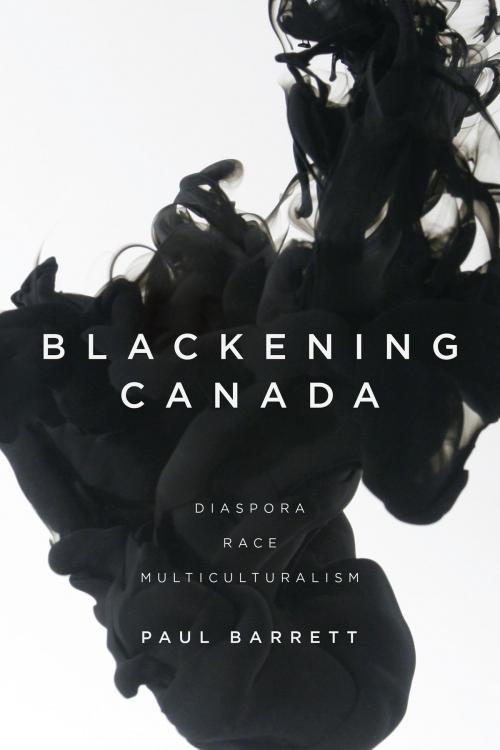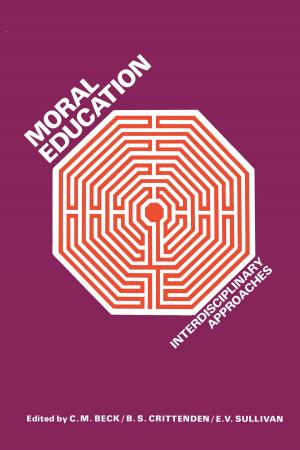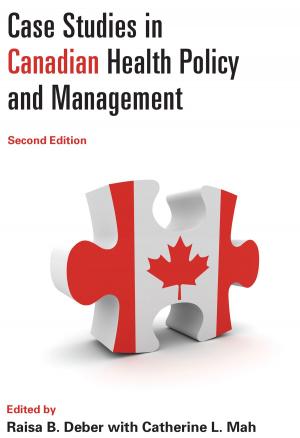Blackening Canada
Diaspora, Race, Multiculturalism
Fiction & Literature, Literary Theory & Criticism, Canadian, Nonfiction, Art & Architecture, Art History, Social & Cultural Studies, Social Science, Sociology| Author: | Paul Barrett | ISBN: | 9781442668966 |
| Publisher: | University of Toronto Press, Scholarly Publishing Division | Publication: | April 30, 2015 |
| Imprint: | Language: | English |
| Author: | Paul Barrett |
| ISBN: | 9781442668966 |
| Publisher: | University of Toronto Press, Scholarly Publishing Division |
| Publication: | April 30, 2015 |
| Imprint: | |
| Language: | English |
Focusing on the work of black, diasporic writers in Canada, particularly Dionne Brand, Austin Clarke, and Tessa McWatt, Blackening Canada investigates the manner in which literature can transform conceptions of nation and diaspora. Through a consideration of literary representation, public discourse, and the language of political protest, Paul Barrett argues that Canadian multiculturalism uniquely enables black diasporic writers to transform national literature and identity. These writers seize upon the ambiguities and tensions within Canadian discourses of nation to rewrite the nation from a black, diasporic perspective, converting exclusion from the national discourse into the impetus for their creative endeavours.
Within this context, Barrett suggests, debates over who counts as Canadian, the limits of tolerance, and the breaking points of Canadian multiculturalism serve not as signs of multiculturalism’s failure but as proof of both its vitality and of the unique challenges that black writing in Canada poses to multicultural politics and the nation itself.
Focusing on the work of black, diasporic writers in Canada, particularly Dionne Brand, Austin Clarke, and Tessa McWatt, Blackening Canada investigates the manner in which literature can transform conceptions of nation and diaspora. Through a consideration of literary representation, public discourse, and the language of political protest, Paul Barrett argues that Canadian multiculturalism uniquely enables black diasporic writers to transform national literature and identity. These writers seize upon the ambiguities and tensions within Canadian discourses of nation to rewrite the nation from a black, diasporic perspective, converting exclusion from the national discourse into the impetus for their creative endeavours.
Within this context, Barrett suggests, debates over who counts as Canadian, the limits of tolerance, and the breaking points of Canadian multiculturalism serve not as signs of multiculturalism’s failure but as proof of both its vitality and of the unique challenges that black writing in Canada poses to multicultural politics and the nation itself.















